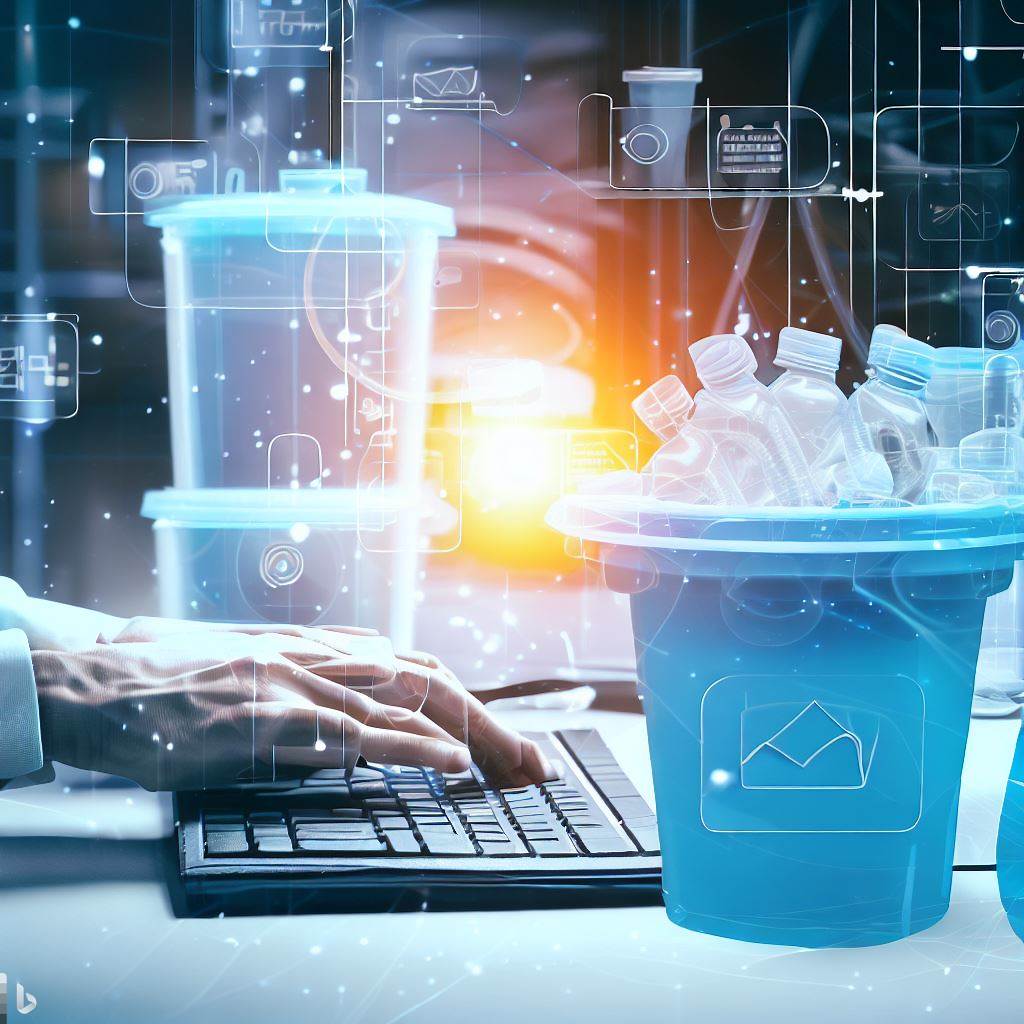ERP for Plastics Industry: Boost Production and Profitability
The plastics industry encounters numerous pain points and bottlenecks, but implementing an Enterprise Resource Planning (ERP) system can serve as a solution in various areas.
Benefit of ERP Implementation
Environmental Concerns:
ERP can aid the plastics industry in adopting sustainable practices by enabling efficient tracking and management of environmental impact data. This includes monitoring waste generation, energy consumption, and carbon emissions, allowing companies to implement strategies for reducing their ecological footprint.
Recycling Challenges:
ERP systems can help streamline the recycling process by managing the collection, sorting, and processing of recyclable materials more effectively. Advanced analytics and reporting within ERP can identify opportunities to optimize recycling efforts and improve material recovery rates.
Raw Material Costs and Availability:
ERP facilitates better inventory management, providing real-time visibility into raw material stocks and pricing. With accurate demand forecasting, businesses can negotiate better deals with suppliers, optimize procurement, and reduce costs.
Energy Consumption:
ERP can assist in monitoring energy consumption patterns within the manufacturing process. This data enables businesses to identify energy-intensive stages and implement energy-saving measures, contributing to cost reduction and environmental sustainability.
Regulatory Compliance:
ERP systems can incorporate features to monitor and ensure compliance with relevant regulations, such as environmental standards and safety guidelines. It can automate reporting processes and keep businesses informed about changing compliance requirements, reducing the risk of penalties and fines.
Technological Obsolescence:
ERP solutions often offer built-in modules for research and development, enabling companies to stay updated with the latest advancements in plastic material science and manufacturing technologies. This integration fosters innovation and competitive advantage.
Plastic Waste Management:
ERP can enhance waste management practices by providing visibility into waste generation, disposal, and recycling processes. It helps companies develop efficient waste management strategies and promotes responsible disposal practices to minimize environmental impact.
Public Perception and Consumer Awareness:
ERP systems can support businesses in responding to consumer demands for sustainable products and packaging. By optimizing supply chain processes, reducing waste, and tracking eco-friendly practices, businesses can meet consumer expectations and enhance their brand reputation.
Supply Chain Disruptions:
ERP facilitates end-to-end supply chain visibility, allowing businesses to identify potential disruptions early and implement contingency plans. This aids in mitigating the impact of unforeseen events and maintaining a smooth supply chain operation.
Innovation and Competition:
ERP platforms can centralize research and development efforts, ensuring seamless collaboration among teams and departments. This streamlines the innovation process, helping the plastics industry adapt to changing market trends and stay competitive.
By integrating ERP solutions, the plastics industry can address its pain points and bottlenecks more effectively, leading to increased operational efficiency, reduced environmental impact, and improved overall sustainability.
